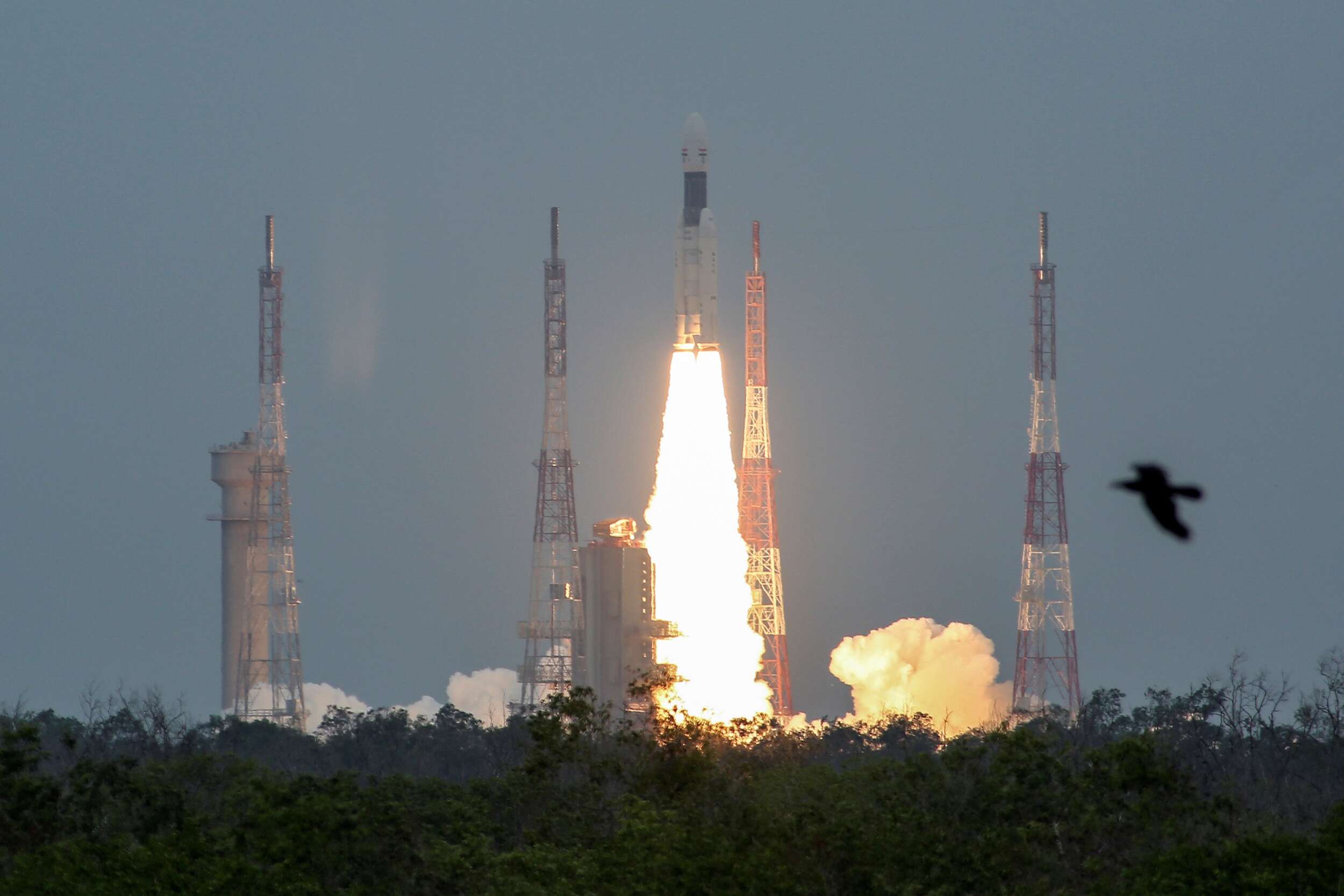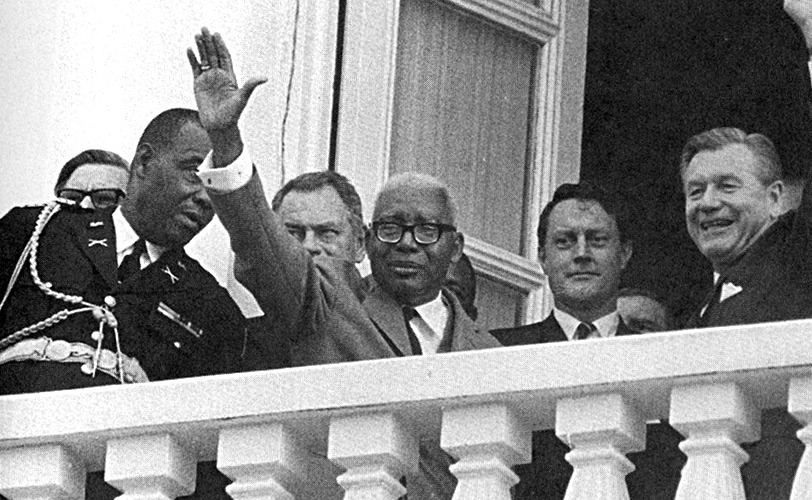Let’s look at major events that happened today in history;
Today in History
-
2008 India Launches its First Lunar Mission
The Indian Space Research Organisation launched the unmanned space probe called Chandrayaan-1. The probe successfully landed on the Moon on November 14, 2008, making India the 5th country to land a spacecraft on the Moon.

Story
Chandrayaan-1 (Moon vehicle), a cuboid spacecraft built by the Indian Space Research Organization (ISRO) blasted off from a southern Indian space centre shortly after dawn in a boost for the country’s ambitions to gain more global space business.
After their country’s first space walk, Chinese astronauts were feted as national heroes last month, and India did not want to be left behind.
“What we have started is a remarkable journey,” G. Madhavan Nair, chairman of ISRO, told reporters.
India’s national television channels broadcast the event live. Some scientists thumped their chests, hugged each other and clapped as the rocket shot up into space.
Greeted with patriotism in the media, the launch appeared to have helped India regain its self-confidence, which has taken a beating in recent weeks amid signs of an economic slowdown and international criticism over Hindu attacks on Christians.
Perhaps remarkably in a country where hundreds of millions of people still live in desperate poverty, and millions of children remain malnourished, the cost of the moon mission has scarcely been questioned.
“Destination Moon … Historic Day For India” blazed one TV channel on its screen.
Barring any technical failure, the spacecraft will reach the lunar orbit and spend two years scanning the moon for any evidence of water and precious metals.
A gadget called the Moon Impactor Probe will detach and land on the moon to kick up some dust while instruments in the craft analyze the particles, ISRO says.
A principal objective is to look for Helium 3, an isotope that is very rare on earth but is sought to power nuclear fusion and could be a valuable energy source in the future, some scientists believe.
It is thought to be more plentiful on the moon but still rare and very difficult to extract.
The project cost $79 million, considerably less than the Chinese and Japanese probes in 2007 and ISRO says the moon mission will pave the way for India to claim a bigger chunk of the global space business.
The mission is also expected to conduct a detailed survey of the moon to look for precious metals and water.
FROM NUCLEAR POWER TO SPACE POWER
For many Indians, the launch is another notch in India’s ambitions to be a global player. India recently signed a civil nuclear deal with the United States, effectively making it a defacto nuclear power.
In April India sent 10 satellites into orbit from a single rocket, and ISRO says it is planning more launches before a proposed manned mission to space and then onto Mars in four years’ time.
ISRO is collaborating with several countries, including Israel on a project to carry an ultra-violet telescope in an Indian satellite within a year.
It is also building a tropical weather satellite with France, collaborating with Japan on a project to improve disaster management from space, and developing a heavy-lift satellite launcher, which it hopes to use to launch heavier satellites by 2010.
India has launched 10 remote sensing satellites since 1998, has several broadcast satellites in space to control 170 transponders and has also launched light-weight satellites for Belgium, Germany, Korea, Japan and France.
-
1957 François Duvalier takes office
François Duvalier, also known as Papa Doc, became the President of Haiti.

-
1936 End of the Long March in China
The Long March, a 6000-mile journey made by members of the Red Army led by Mao Zedong came to an end. The March was undertaken as a way to escape the Nationalist army of Chiang Kai-shek. The end of the March is also known in China as the “union of the three armies”.
-
1884 International Meridian Conference Adopts Greenwich, England as initial longitudinal meridian
26 countries participated in the conference which was held in Washington, D.C. In addition to making the meridian passing through the Observatory of Greenwich as the initial meridian for longitude or 0 degree longitude, the conference also defined a universal day which would “begin for all the world at the moment of mean midnight at the initial meridian, coinciding with the beginning of the civil day and date of that meridian; and is to be counted from zero up to twenty-four hours”.

-
1797 First Person to Jump With a Parachute
French balloonist André-Jacques Garnerin jumped out of a balloon over Parc Monceau in Paris using a silk parachute that he made himself.



